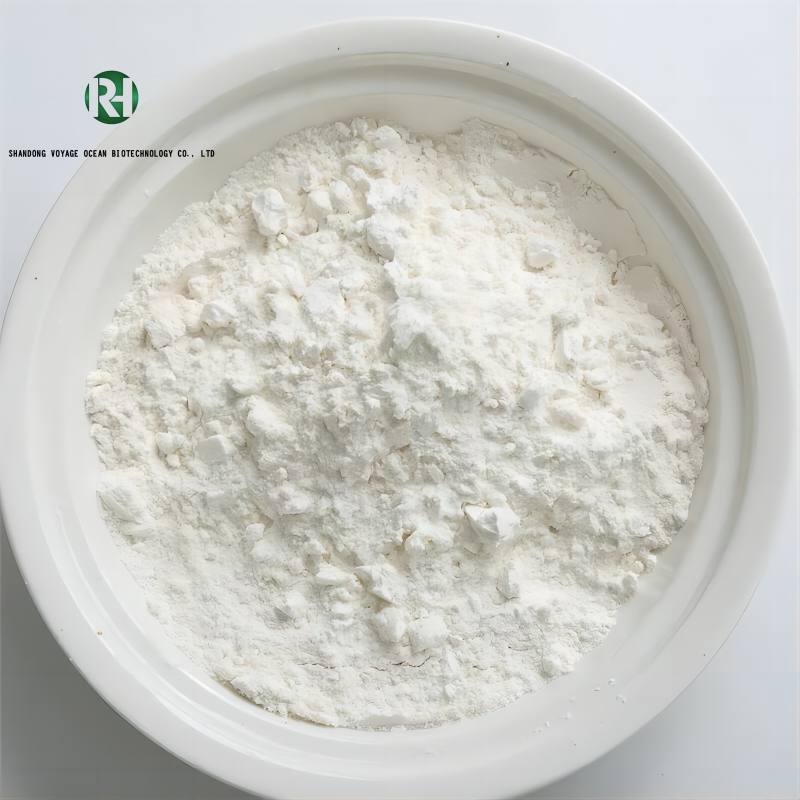-
Categories
-
Pharmaceutical Intermediates
-
Active Pharmaceutical Ingredients
-
Food Additives
- Industrial Coatings
- Agrochemicals
- Dyes and Pigments
- Surfactant
- Flavors and Fragrances
- Chemical Reagents
- Catalyst and Auxiliary
- Natural Products
- Inorganic Chemistry
-
Organic Chemistry
-
Biochemical Engineering
- Analytical Chemistry
- Cosmetic Ingredient
-
Pharmaceutical Intermediates
Promotion
ECHEMI Mall
Wholesale
Weekly Price
Exhibition
News
-
Trade Service
January 3, 2021 // ---carageenans are biologically active polysaccharides isolated from red algae and are widely used in the food industry as stabilizers, thickeners or jelly agents.
, according to a new study, caramala gum has a clear effect on the immune system in mice.
study was carried out by researchers from the Russian Federal University of the Far East, the Far East Branch of the Russian Academy of Sciences and the Institute of Natural Sciences in Vilnius, Lithuania.
study was recently published in the journal Journal of Biomedical Materials Research Part A under the title "Immunological effects of of Chondrus armatus carrageenans and their low molecular weight products".
photo from Frontiers in Marine Science, 2016, doi:10.3389/fmars.2016.00081. "However, the fact that caramel shows immunosuppressive properties in certain situations does not mean that it is generally dangerous or toxic," said Aleksandra Kalitnik, co-author of the
paper and an assistant professor in the Department of Pharmacology and Pharmacology at the School of Biomedical Sciences at Far Eastern Federal University.
" study showed that the products of caramed gum and its partially degraded low molecular weight were not pharmacologically inert.
, they suppress the immune system.
a week after adding caramalas to the diet of laboratory mice, their innate immune cells begractive and the number of white blood cells decreased.
paper leaves many questions, but one thing is clear: while caramala gum is a permanent ingredient in the human diet, its medical potential is grossly underestimated.
Kalitnik said, "Immunosuppressants are used to treat different diseases, such as allergies and autoimmune diseases: multiple sclerosis, systemic lupus erythematosus, rheumatoid arthritis, systemic sclerosing, dermatitis, etc.
, these diseases are associated with overactivation of certain parts of the immune system and/or decreased production or functional activity of immunosuppressive cells.
between inflammation and immunosuppression can lead to an over-immune response to the patient's own antigens.
, we are unable to confirm that caratin is an immunosuppressant.
, however, we determined that they inhibited the activity of celiac phagocytophage cells (celiac immune cells) in mice.
't know if it's good or bad.
, of course, it may be beneficial for some diseases associated with overactivation of the immune system.
" According to Kalitnik, it is too early to start considering the development of carratin-based immunosuppressive drugs.
the biological properties of caramala gum require further basic research, which may take several years.
the researchers believe that red algal polysaccharies can react directly (in in-body experiments) or indirectly (when oral) with cellular lipolyses.
, they react with immune cells in the gastrointestinal tract, which in turn transmit information to immune cells in the blood.
Kalitnik added, "We wanted to find out how carratin affects cellular and signal pathways, which are involved in increasing and decreasing white blood cell levels."
will help us better understand the potential of carraglu as a pharmacological substance or biological additive that reduces overactive immune systems.
stage, we have only observed immunosuppressive effects, i.e. a decrease in the number and activity of white blood cells.
study does not include caramala gum used in the food industry and caramala gum that people eat.
must meet strict requirements, including maximum allowable molecular weights and dosages.
the amount of caramala gum used in this food is several orders of magnitude lower than that used in the experiment.
addition, food does not contain pure caramala gum.
it is eaten with protein and other substances, which can greatly affect its properties.
Kalitnik concluded, "The microbial populations in the gastrointestinal tract in mice and humans are completely different, and carraglu may have no inhibitory effect on the body's immune system."
simply possible, caramed gum can be an immunosuppressant when needed and in other cases can also exhibit immunomodulation to support the body's natural protective function.
this fact has been confirmed by some experimental data.
" (Bioon.com) Reference: 1.Eduardas Cicinskas et al. Immunological effects of Chondrus armatus carrageenans and their low molecular weight degradation products. Journal of Biomedical Materials Research Part A, 2020, doi:10.1002/jbm.a.37106.2.Polysaccharides from red algae affect mice immune systems, say scientists







